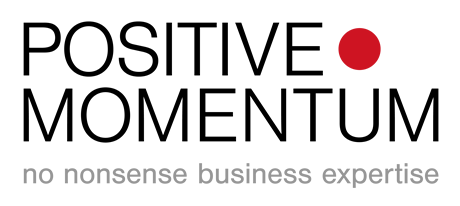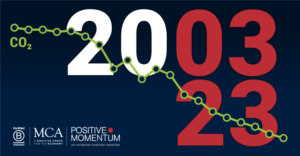When leading your teams through times of tumultuous change, one of the most powerful methodologies at your disposal is free to use and always available. Mindful leadership is a practical, proven way to make sure your people feel supported amidst a storm of uncertainty. Because when they do, you’ll have the best chance of navigating the new normal.
As the government has unveiled its lockdown easing strategy week by week, business leaders have moved through several different stages at lightning speed. First, there was the immediate need to assess the commercial impact of the pandemic. Then the urgency of getting teams up and running remotely. Fast forward just a few weeks and all eyes are on the road to recovery.
Before your business regroups to figure out what that looks like and how to make it happen, pause. Take a moment to remember that this economic downturn is also a human crisis. Now, more than ever before, all the plans that make so much sense on paper must take into account the wellbeing of your people. Because to put it bluntly, if they don’t, they’re not going to work.
Unlocking the lessons of lockdown
Throughout lockdown I’ve been deeply curious about what’s been on people’s minds. Countless conversations with clients, family and friends have revealed a myriad of different experiences – for people directly affected by the virus, people who’ve started new jobs, people who’ve been working their butts off to keep the lights on, those who’ve been made redundant, or furloughed, or had to juggle childcare with homeworking.
Despite these widely varying experiences, everyone has felt the same truth: that their mental wellbeing is inextricably linked with the level of trust and support they get from their employers. Another commonality has been the impressive upsurge in creativity and resilience in the face of lives being turned upside-down. Out of all this a universal thread is emerging. Lockdown has been a time for reflecting on what’s important, realigning our values and reassessing our priorities.
People first (Because let’s face it, what is any business without people?)
We are all in recovery right now. We’re all making decisions about what the new normal will be and how it will unfold, in both a business and a personal sense. For leaders, many of these decisions are tough ones. And they are being made against a backdrop of deep urgency to get the business moving forward. The go-to response to this can be fast, process-led solutions to drive profits. But the smartest solutions go beyond the obvious to the real bottom line of the business: its people.
Truth: your people are the engine driving your business. Right now that engine is experiencing some running difficulties. There’s the mixed bag of emotions from redundancies, ranging from sadness to survivor guilt. Survivors may be weighing up their options, with an eye on the safest, least stressful, most rewarding line of work.
It’s not rocket science. But it will fuel your recovery.
So, lead mindfully. Focus on the human recovery in your business as lockdown eases. It’s not complicated; it’s a combination of common sense and compassion – and it’s cost-free. Here are three key things to keep in mind:
Be present; in each moment, be fully with what’s happening. When you say ‘How are you?’ or ‘How’s the family?’, don’t just throw it out there before moving swiftly on to talk about productivity. Listen, really listen, to the answer. Give it your full attention. Having a genuine interest in your people’s lives has always been helpful. Now it’s essential to getting the business moving forward through open, honest, conversations.
Be inclusive; your own perspective is just that. Seeing things only from this viewpoint can get you stuck in habitual responses. And if leaders stay stuck in habitual responses, so will the organisation. As Einstein said, ‘We cannot solve our problems with the same thinking we used when we created them.’ Get everyone involved in planning the road ahead; make them a team of critical friends who will challenge you in order to move from good to great.
Be decisive; sometimes, decisions come easily. We just know. Other times we feel pressured to make a decision at all costs. But you can’t think yourself into a decision when you don’t know the answer yet. So, tune into your innate wisdom. When do your best ideas come? I wouldn’t mind betting it’s out of the blue – when you’re on a run, in the shower, or talking with friends. Sometimes looking away from the need to decide can bring the decision to you.








